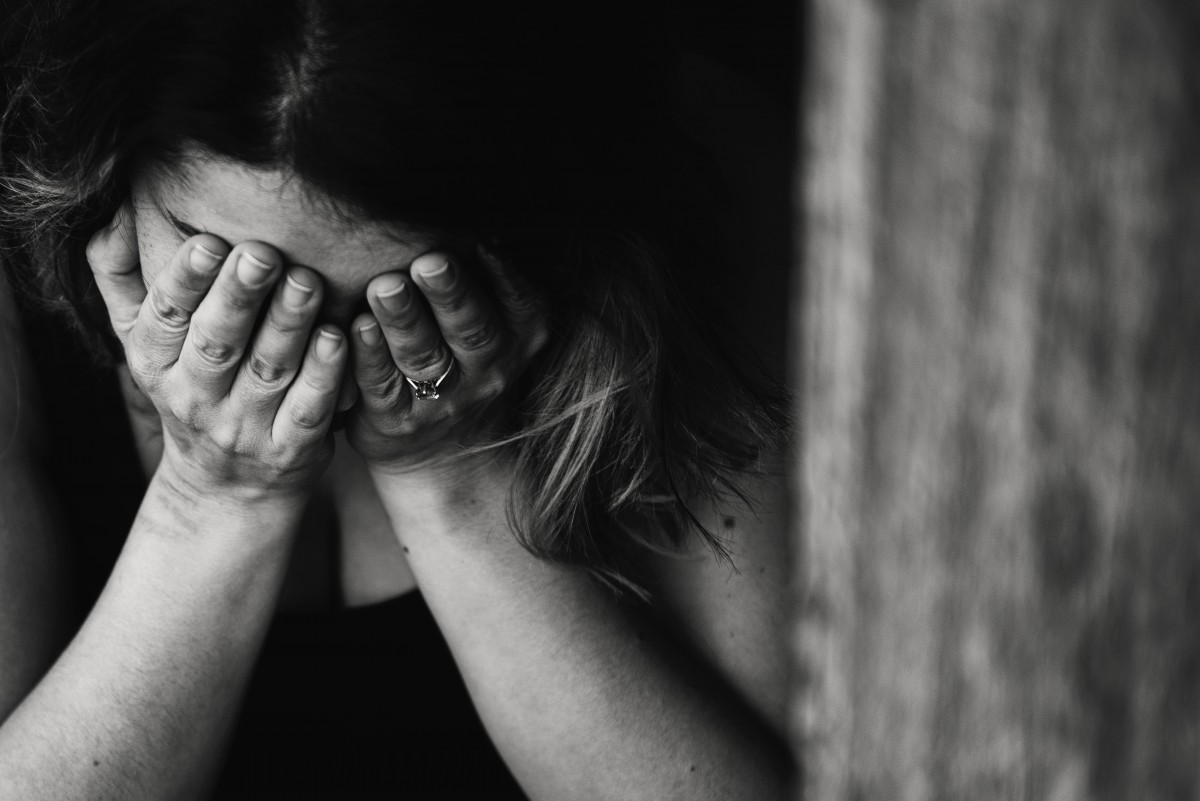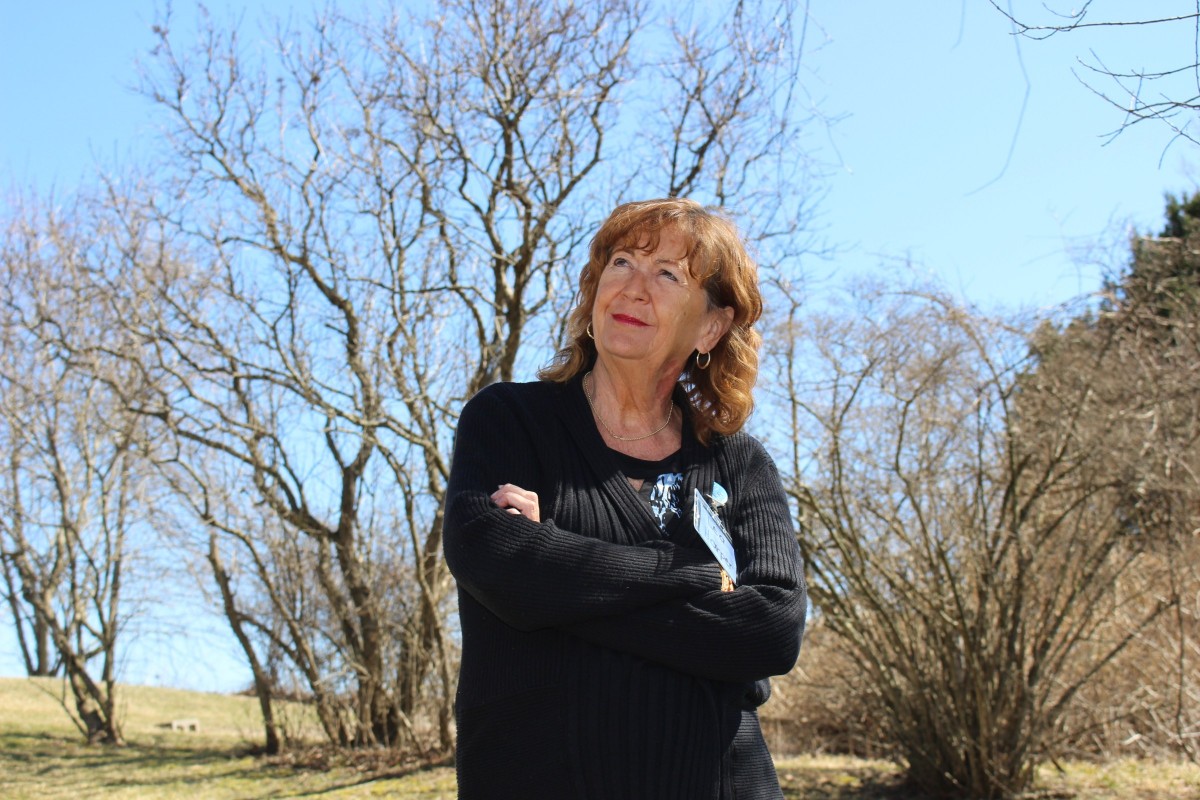This piece was originally published in Scalawag, which amplifies the voices of activists, artists, and writers reckoning with the South. You can read the original article here.
When friends in Brooklyn ask where I’m from, I say “nearby Asheville.” They usually react with delight. They’ve heard Asheville is so cool. Recently at a backyard party in Williamsburg, a woman sporting a see-through tote bag told me she’s been considering buying a house down there to start a queer commune. I nodded sullenly. Living “nearby Asheville” is a loaded phrase. If you drive even just one mile outside of downtown Asheville, the free-spirited queer-friendly environment starts to fade. My hometown of Hendersonville is only about 25 miles from Asheville proper, but it can feel a world away.
A few weeks ago, I flew from New York City to Charlotte, where my partner met me at the airport. I don’t get the chance to come home often. With every year I spend away, visiting feels more and more precious. This visit was especially charged because I was coming home to attend Hendersonville’s first ever LGBTQ pride event.
Driving west on I-85, there’s this electrifying moment where the Blue Ridge Mountains appear in the distance. It’s the physical marker that I’m on the way home. Around this point in the drive, I usually start craving Cook Out. My partner and I split a strawberry milkshake and drive the rest of the way with the windows down, blaring Maren Morris. By the time we ascend the winding road to my parents’ house, fireflies light the roadside.
Hendersonville is a small city of 14,000 with a remarkable concentration of retirees and a church at nearly every four-way-stop. It’s the kind of place where people honk the car horn mostly as a way to say hello to a neighbor. It’s also the kind of place where a teenage girl might hide in a bathroom stall during a school pep rally because someone yelled “dyke” at her and she turned as red as the plush auditorium seats. The bathroom stall at my high school is the only place where I did any kind of praying. Usually, I was praying to get as far away from Hendersonville as possible.
Growing up, I didn’t know anyone in the town who was openly queer. I wasn’t out either. Not even to myself. As a teenager, I couldn’t picture living in Hendersonville as an adult. Now, I realize that inability to imagine my adulthood was related to the lack of LGBTQ visibility. There was a pervasive silence around who was queer. With everyone hiding in their own way, we never had a chance to connect.
Hendersonville’s first pride celebration wasn’t a parade or a festival. It was a potluck picnic. Bringing the community together over potato salad and watermelon slices is quaintly befitting for Hendersonville’s first pride. It’s also the kind of event where people can actually talk—unlike the relative anonymity of a parade or march. I felt that I was coming home to meet the LGBTQ people who were all around me as I was growing up. We would really see each other for the first time.

The week before the pride picnic, Mayor Barbara Volk made a proclamation declaring June 15 pride Day in Hendersonville. Dozens of protesters showed up to City Hall for the proclamation. Every member of the City Council publicly opposed the Mayor’s decision. One City Council member said it didn’t reflect the standards of the community. Another Council member who initially opposed the event asked, “What happens when White Supremacy Day comes up?”
I started to worry that Hendersonville wasn’t ready for pride. I met organizer Laura Bannister on the day before the event. She was grilling a hundred hamburgers on her back porch for the picnic. Laura said she had no idea how many people to expect. She also told me that someone in the community had posted a video on Facebook, showing a group gathered in the park where the picnic was set to take place. They were saying prayers to dispel the devil. The woman who posted it said she heard someone say they wished death on the LGBT community. Laura sent a friend to check the trash cans for bombs both the night and morning before the picnic. Hearing this, my worry turned to fear.
I’ve been to pride events all over the South—Florence, Alabama; Salisbury, North Carolina; Huntington, West Virginia; Valdosta, Georgia—there are always protesters. Driving up to Patton Park on the day of the picnic, I expected to see those tall yellow signs warning of eternal damnation. But I didn’t. Instead, I saw families unloading lawn chairs from their minivans, carrying Tupperware containers and gallons of sweet tea to the park shelter. The event kicked off with a blessing from a local Metropolitan Community Church pastor, Rev. Dr. Joan Saniuk. I thought the protesters must be running late.
As the festivities entered their second hour, I noticed another way this pride was unlike every other I’d attended. There were no sponsors, corporate or local. There weren’t any vendors either, except local advocacy organizations. Someone set up free face painting, a DJ played gay anthems and picnic tables overflowed with homemade food. Almost 500 people came to the event, fixing plates and sitting in the grass to talk. By the time people started going back for seconds, it was clear that the protesters weren’t coming. That relieved type of joy was palpable in the crowd. It also became clear to us that our town might not be ready for a pride parade or a march, but it was certainly ready for a pride picnic.





Monique LaBorde is a freelance audio producer based in Brooklyn, New York. She’s a graduate of UNC-Chapel Hill, the Duke Center for Documentary Studies, and the Transom Story Workshop. Her work has aired on Morning Edition, All Things Considered, North Carolina Public Radio, West Virginia Public Broadcasting, and WCAI.



